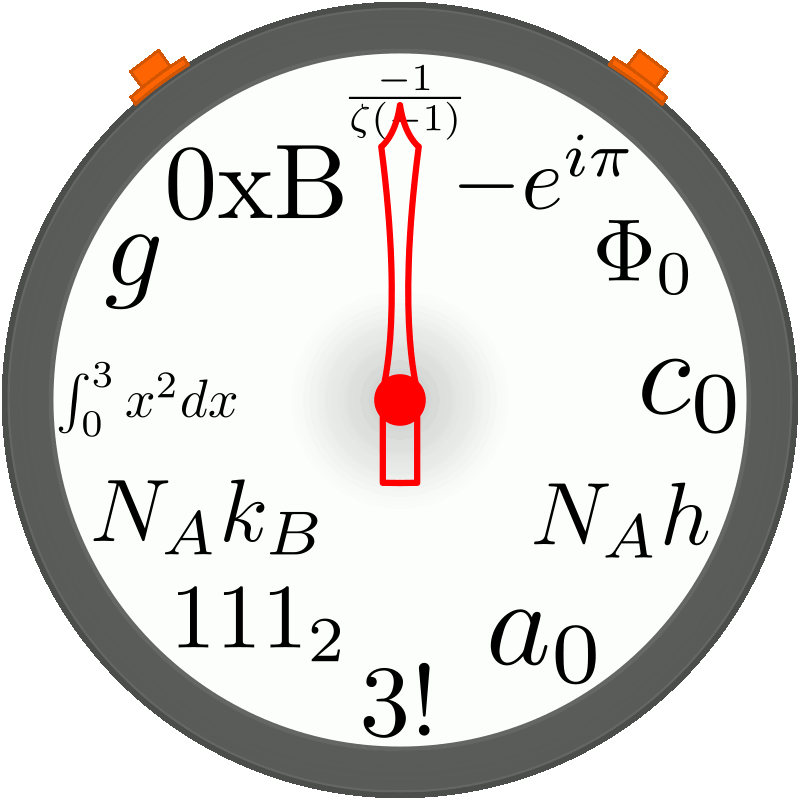Prelude to Physical Sciences Research
Branches, Topics, and Subtopics in Physics.
Albert Michelson, in his address to Ryerson Physical Laboratory in 1894, said:
While it is never safe to affirm that the future of Physical Science has no marvels in store even more astonishing than those of the past, it seems probable that most of the grand underlying principles have been firmly established and that further advances are to be sought chiefly in the rigorous application of these principles to all the phenomena which come under our notice. It is here that the science of measurement shows its importance — where quantitative work is more to be desired than qualitative work. An eminent physicist remarked that the future truths of physical science are to be looked for in the sixth place of decimals.
Max Planck, one of the pioneers of Quantum Physics, was reportedly advised against getting into the field by his advisor Philipp von Jolly:
[…] in this field, almost everything is already discovered, and all that remains is to fill a few unimportant holes.
Heinrich Hertz, wrote in his memoirs (published in 1977):
Sometimes I really regret that I did not live in those times when there was still so much that was new; to be sure enough much is yet unknown, but I do not think that it will be possible to discover anything easily nowadays that would lead us to revise our entire outlook as radically as was possible in the days when telescopes and microscopes were still new.
Stephen Hawking, in 1981, wrote an article titled Is the End in Sight for Theoretical Physics? wherein he remarked:
We already know the physical laws that govern everything we experience in everyday life…. It is a tribute to how far we have come in theoretical physics that it now takes enormous machines and a great deal of money to perform an experiment whose results we cannot predict.
There have been times when nothing new would pop up in fundamental sciences research, and many disheartened researchers would remark the end of exciting times. Although discovering new sciences maybe on decline in the long run of events, but every now and then someone does come up with yet another amazing discovery leading to revitalized enthusiasm and interest in the field.
James Gleick mentions in his book: Chaos, while comparing Mathematics with Physics that:
A branch of physics, once it becomes obsolete or unproductive, tends to be forever part of the past. It may be a historical curiosity, perhaps the source of some inspiration to modern scientist, but dead physics is dead for good reason.
Topics of study maybe common to many different branches of physics. At the edge of research, boundaries between topics tend to become indistinguishable. Research more often than not imbibes many different disciplines and paying much heed to interdisciplinary boundaries does not really make sense when an attempt is made to break those boundaries and make new ones. Nevertheless, one needs a starting point to make any attempt to reach the end of the understanding of the discoveries, methods employed and the theory constructed therewith.
We are all explorers, albeit to different extents, and our inquisitiveness seems to be the antidote to our fear of the unknown.


